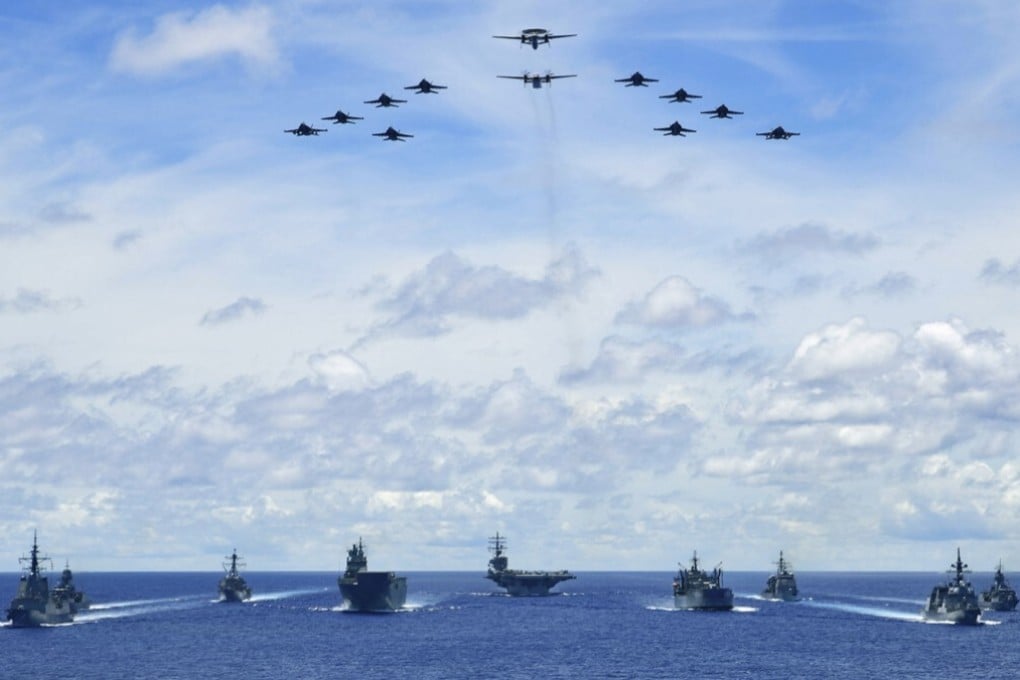Advertisement
Leak of Australian commander’s China comments fuels further talk of war
- Major General Adam Findlay told special forces troops in a private briefing last April to prepare for possibility of conflict with China, newspaper reports
- The rhetoric over Taiwan has divided analysts with one calling such talk irresponsible and another saying it’s a wake up call for Australian security
Reading Time:4 minutes
Why you can trust SCMP
64

An Australian military commander warned of the “high likelihood” of conflict with China in a confidential briefing last year, an Australian newspaper reported on Tuesday, with the timing of the leaked remarks adding fuel to growing discussion about the risk of armed confrontation with Beijing over Taiwan.
Major General Adam Findlay told Australian special forces in a private briefing last April to prepare for the possibility of war with China, describing the country’s largest trading partner as the biggest threat to the region, The Sydney Morning Herald reported.
Findlay, who served as Special Operations Commander in the Australian Army before stepping down last year, said China had been competing with Australia in the “grey zone” to achieve its objectives without military force but that could change despite Canberra’s efforts to avoid conflict, according to the newspaper, which cited multiple unnamed sources.
Advertisement
“Grey zone” warfare describes offensive actions such as cyberattacks, intelligence-gathering and trade sanctions that fall short of military action.
The report on Findlay’s comments comes after two senior government figures raised the possibility of Australia becoming embroiled in a regional military conflict.
Advertisement
Defence Minister Peter Dutton said last month Australia should be “realistic” about China’s objectives and a military confrontation over Taiwan, which Beijing considers a breakaway province, “should not be discounted”, although Canberra would work with its allies to uphold regional peace.
Advertisement
Select Voice
Choose your listening speed
Get through articles 2x faster
1.25x
250 WPM
Slow
Average
Fast
1.25x